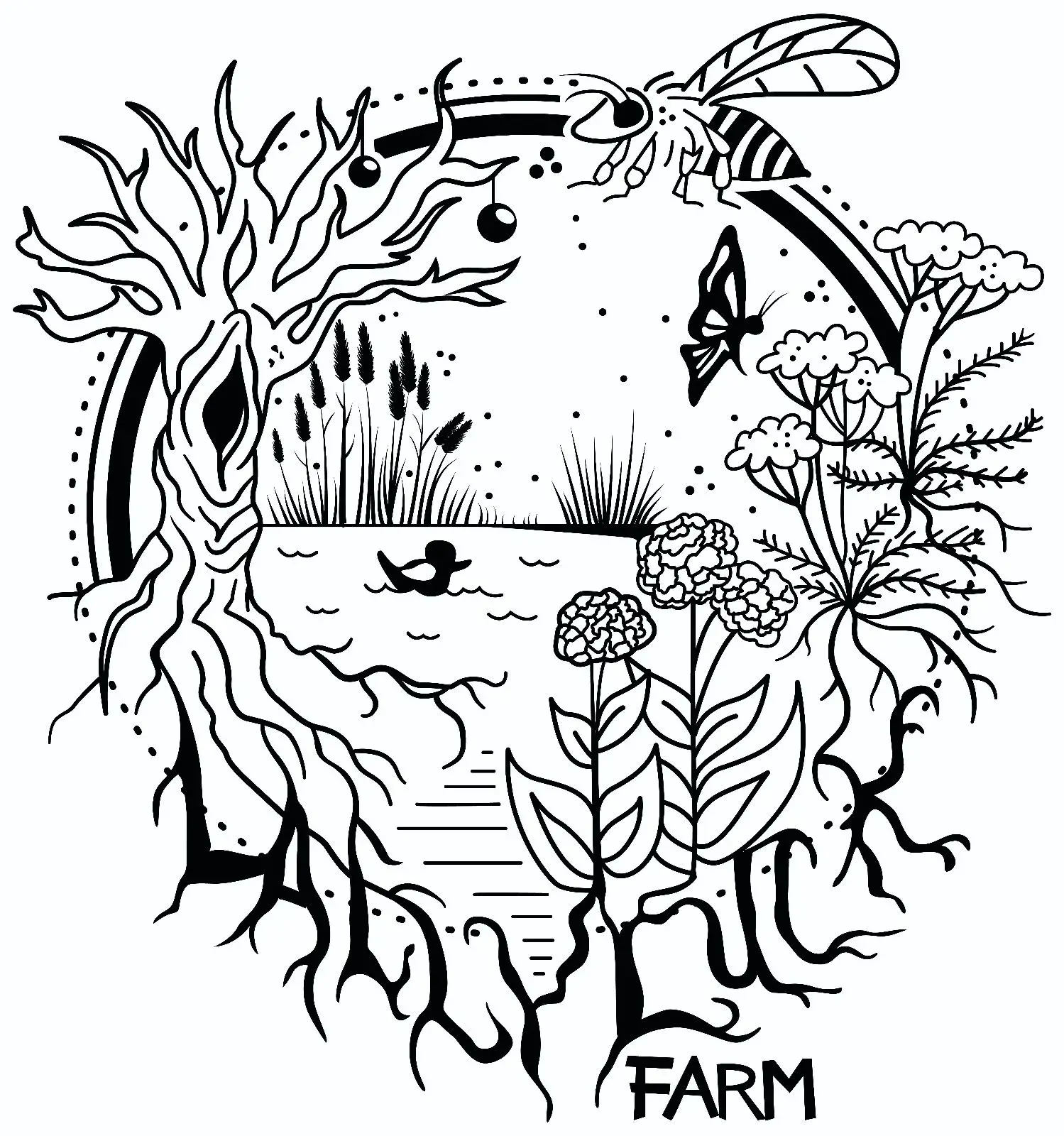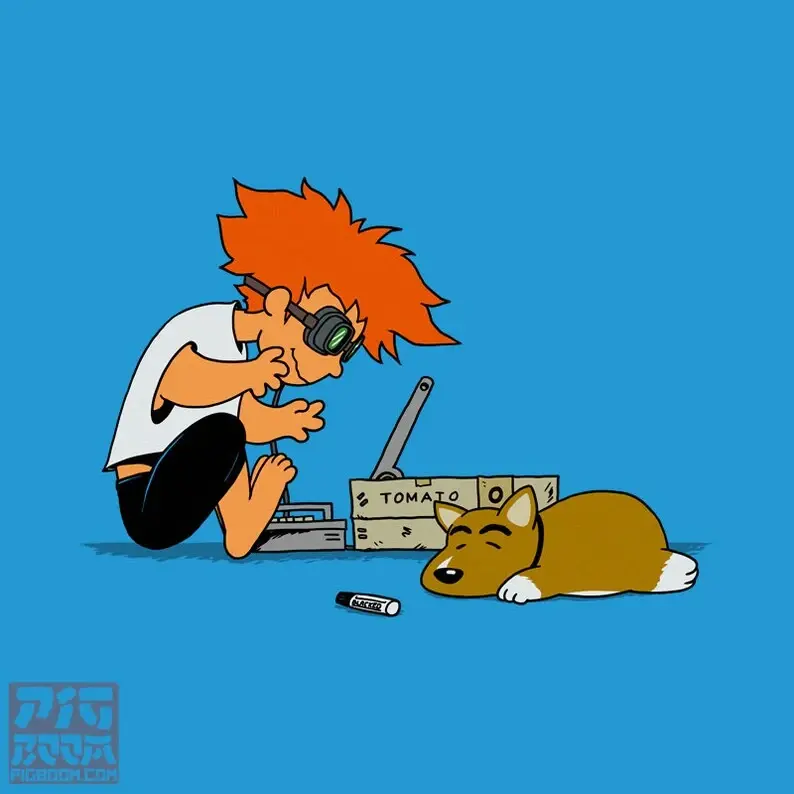I don’t know if I’m just becoming overly sensitive to my own language or if this is an actual issue, so feel free to let me know if it seems that I just need to grow thicker skin, but still.
I keep getting this uneasy feeling whenever I use the word “lame” and I think it’s because I’m starting to realize it’s technically ableist. However, there’s no single non-profane word that I know of that fits the niche that I use it in.
For example, I wrote out something earlier about a behavior I do that I don’t like that I do because I think it’s kind of shitty behavior, but it’s overall harmless. I use lame to describe it casually. I could also call it kind of shitty, as I did before, but not to audiences that I don’t want to use profanity around.
Anyone know of a word I can replace “lame” with?
I’d say maybe weak, but that’s got its own baggage that I’m not sure I’m ok with switching to. Annoying is too strong of a word for what I’m going for. Maybe lame is a short word for “this makes me feel slightly sad”?
Idk, so I open it up to the public: Is this even an issue or am I being too sensitive? Could this be solved in a single replacement word or do I need a whole ass phrase to express this?
Personally, I think it’s fantastic that you’re examining your language in this way. It’s certainly not ill-mannered, unsolicitous, infelicitous, or untoward of you to do so.
Ahh those are all fantastic, thank you!
To me, the definition of ‘lame’ meaning like a lame leg or something is too dated to be the first thing most people think of in most contexts.
As a rancher “lame” is in regular usage, but it’s something that happens to animals and not to people.
A person with a persistent leg injury would simply be referred to with a sentence like “Jim’s got a bad leg, he’s walked like that since a bull ran him over”
Good friend of mine has a gimpy leg after 2 too many motorcycle accidents. He is lucky to have one of them at all. I dont think “lame” has ever come up in context of him or his infirmary.
‘Gimpy’ in this context is definitely an ablist slur.
That’s my thinking too. It’s too removed from its roots to really have a negative context for most folks.
I like “bogus” or “whack”
That’s a good one, I like that. Thanks for the suggestion!
Your Alma Mater is whack!
I do like using Whack yeah
“Cringe” is seemingly used that way in current slang, though with an added layer of thought.
Cringe is far too overused IMHO. Especially online.
If something is “lame” it’s probably unoriginal, derivative, boring, or annoying.
“Cringe” doesn’t have the emotional devastation that “lame” with an eyeroll does, at least according to my mother.
Only because your mom grew up with lame. If she was your age and grew up with cringe, it would hit the same way. I’m a bit in that group, I just am very attached to language so am a bit more sensitive to how it’s used to see the parallels.
Oh I’m not disagreeing, cringe is 1000% worse than lame to me. I just think it’s really funny how devastated she would be every time I said something she liked was “lame”.
Your mother is wrong:
IDC lame but I’d move mountains to avoid being cringe
You try telling my mother she’s wrong, I’m not fighting that woman over something subjective like “cringe” lol
“Cringe” is still a verb to many people, and being understanding of different interpretations leads to better dialogue. Knowing how to bridge those gaps with effective language can lead to intergenerational cooperation.
Pure snark which I hope you’ll see is intended to show I’m saying this as some gentle ribbing and not to put down your perspective.
Cringe is just too visceral for what I’m describing though.
Lame would be a 3/10 while cringe would be like a 5/10, using cringe in its least meaningful form. A full on cringe is like a 8/10 (and depending on who I’m talking to, it seems to sometimes hit like a 10/10)
Maybe dull or boring?
I’ve also stopped using the word ‘dumb’ when referring to ‘stupid’. Nowadays I only use the word dumb for muteness, and I rarely even use that word anymore, mostly mute.
I’m not mute, but to me, using “dumb” to describe someone who is mute sounds… worse? It feels like the equivalent of recognizing that “crazy” has baggage and not using it in everyday speech, but continuing to use it to describe mentally ill people. I understand that it’s not a perfect comparison, but it feels like sometimes, words become too enmeshed in their modern-day insulting uses to feel okay using them to describe a community, even if it is the technical definition of the word.
If anyone who is mute/nonverbal/nonspeaking sees this and I’m wrong - please let me know!! I don’t mean to overstep, I just want to share my perspective.
I gotta agree with you.
It feels like dumb has more baggage than meaning to the point that the baggage has become the meaning. I feel like lame is on the precipice of having the same problem, which is kind of a big motivator for me making this post to begin with.
Is that a bad thing, though?
Language evolves, words start by describing something, to become euphemisms for something else, to become swears, to end up as a description of the swear, and ultimately get either reused as a description of something else, or fall out of use.
Sounds to me like “lame” or “dumb” are quite far gone on that progression, to the point of becoming detached from the original meaning for most people. It’s great to avoid using them with the slur meaning, or in presence of those who understand it as a slur… but spreading awareness of, or teaching, the negative meaning to people who might have never encountered it, sounds like pushing the progression backwards, entrenching the word as a slur even among those who don’t use it as one.
I get the distaste, but language is a fluid thing. Plenty of words we use now do not mean the same thing as when they were first coined. I think Lame is a pretty safe word to use in modern times without people taking it poorly.
If you still have a distaste for it, then replacing it isn’t going to be that hard. Lame isn’t really part of my general speech, not for any particular reason, it just isn’t. I would say something sucks instead. If something doesn’t warrant the full suck to you, you could say “that’s rough” or something. Lame as a word fits in many situations, but maybe not all of those situations warrant the same word.
When I was a kid, everyone (and I mean everyone) in my age group described things as gay or retarded. Over time I grew out of that language and met people who were genuinely hurt by it enough for me to change it. It took a while to do, but now neither of those terms is something I use negatively. I can’t say that I consciously picked words to replace them with, though. Just being thoughtful about what language I used helped me remove those uses from my day to day life and the rest of language came in to fill the void more or less on its own.
Sounds like folks have given a good number of alternatives, but I just wanted to share a resource: “Ableism/Language” by Lydia X. Z. Brown. It goes through a bunch of ableist words and suggests alternatives. :)
My biggest take away was:
Ableism is not a list of bad words. Language is one tool of an oppressive system. Being aware of language – for those of us who have the privilege of being able to change our language – can help us understand how pervasive ableism is. Ableism is systematic, institutional devaluing of bodies and minds deemed deviant, abnormal, defective, subhuman, less than. Ableism is violence.
So the language itself isn’t ableist, technically, according to this, but abilism is when the person using the language thinks of the negative stereotypes associated and uses that to justify some shitty position or action.
So in other words, while lame is acknowledged as a problematic word, it’s not inherently abilist to use it, which is not a takeaway I was expecting to get.
Let me know if I misread it, but thank you for posting! It was an informative read!
I think it’s a super complicated topic. My understanding of the quote is that ableism is much bigger and more complicated than language, but we should be aware of how our language reflects ableist views - like the normalization of ableist slurs into our everyday vernacular, for example. In other words, our society is so comfortable with ableism, that even disabled people and advocates for disability rights may use ableist terminology regularly, whether or not they’re aware of the origins.
I, personally, don’t believe that “lame” is necessarily a word that needs to be changed, but I do believe it’s a word with ableist origins. Like our conversation on “dumb”, IMO most people don’t think about the technical definition of “lame” anymore - but I might be wrong, or it might be regional. It’s ultimately a personal choice whether or not it feels hurtful - and obviously, if someone tells you to not use a term around them, that’s important to respect.
The key takeaway, to me, is that we should be mindful of how much ableism is normalized in our lives. I think you’re definitely doing that, based on this post. It doesn’t mean that using terms on this list is only ableist if you’re thinking negatively about disabled people when you use it; it means that we should be thoughtful with our language, but more importantly, thoughtful of how our words and actions may be reinforcing hurtful systems. To use the example from before - if someone doesn’t use the word “crazy” except when describing mentally ill people, that can speak to how they see mentally ill people as not just people who are ill, but as people who are undesirable boogeymen.
Take it on a case-by-case basis, IMO, and follow your gut if you feel shitty about certain words - better safe than sorry. But, at the end of the day, it’s just… complicated!
I appreciate your nuanced take.
Hm… I’d actually disagree with that conclusion? I think what the author is saying there is that ableism isn’t simply a matter of the words being used. A statement that treats disabled people as subhuman isn’t okay because it avoids using these words - it’s still ableist.
From the beginning of the article (emphasis mine):
Note that only some of the words on this page are actually slurs. Many of the words and phrases on this page are not generally considered slurs, and in fact, may not actually be hurtful, upsetting, retraumatizing, or offensive to many disabled people. They are simply considered ableist (the way that referring to a woman as emotionally fragile is sexist, but not a slur).
Not everyone has the ability to be mindful of how certain language originated in ableism and this reinforces it. But for those of us who can, it’s a good idea to try.
Hmm I wonder if I may have shot past the more straightforward way to parse it.
I’m coming from a stance where “don’t do it as soon as you know it’s ableist” is voiceless rule, so that significantly colors how I’m interpreting it.
That response was more me being like “oh wow this is essentially saying ignorance is an excuse for using ableist language” (caveats run amok here like “only when there are no known other words” as well as “strictly only when one isn’t employing a shitty stereotype when referring to whoever they’re referring to”)
Admittedly, I can see how that is still a less than desirable takeaway, but all I’m trying to say is I 100% agree with what you’ve written.
Tldr; thank you for the clarification! Full agree and this is mostly just me trying to figure out where some disconnect is
This is great! I’ve been noticing more ableism in my own vocabulary, but was frustrated with not knowing enough good substitutes. Thanks!
Maybe I’m getting too old to understand the lingo, but I thought that’s what ‘mid’ was for? Not good, but not bad enough to warrant a stronger reaction. Just mid.
I feel like lame is cool as mid is to awesome. They’re like words for positions on spectrums of stuff, but two different spectrums.
Maybe a simple “uncool” would suffice for OP.
I wouldn’t describe “only texting someone when you need something” as mid though, if that helps at all
As someone else here mentioned, language is only one tiny component of ableism. What would be much more impactful is to figure out in what ways you can make the spaces you have control over and inhabit more accessible. Personally, I’d find it much more helpful to do things like not wear heavy perfumes in public, avoid bringing your dog into enclosed spaces where you share air with others, or make sure your clothes aren’t covered in cat hair before you leave the house. In my experience, nobody really focuses on air quality or their affect on it, and this would go much further toward making the world a more accommodating place than fretting about a term that’s mostly used for horses and bad jokes.
I’m sure there are other things you can do to be accommodating of different disabilities, all of which are probably more worth the thought!
Depends on what you’re trying to express.
Lame could mean, boring, pathetic, underwhelming, dissapointing, etc.
“That concert last night was so lame.” (Dissapointing, boring, underwhelming)
“My friend is so lame to roadtrip with.” (Boring, annoying)
“The warranty my TV came with is super lame.” (Pathetic, overpriced)
“Flag day is the lamest federal holiday” (most ridiculous)
deleted by creator
Perhaps lousy might be a suitable replacement?
“Weak” or my personal favourite “mediocre” (thanks Immortan Joe).
Also “pathetic” or to channel my inner lemongrab: “unacceptable”.
Disappointing, lacklustre, underwhelming, missing, sad, less considered.
I think it is good to reflect on the language we use, but also to be forgiving of ourselves if making the improvements we want to implement isn’t always totally smooth.
This post made me realize that the word I’m looking for is likely “inconsiderate”. Thank you! Sad is definitely close too.
And I agree, I try not to be too hard on myself when I slip on language I prefer to use. I don’t think being too hard on myself is productive in any way anymore.
i’m also interested in this. particularly within gaming, lame has a specific connotation of referring to “anti-fun” strategies in a derogatory way that’s hard to replace (things like camping, cheap strats, spamming, etc). but, for similar reasons as to what you’ve outlined, i’d like to substitute it
but otoh i wonder if we’re kind of settling on what language is acceptable for derogatory use and what isn’t. the r word is not okay, but dumb/stupid is, even though they’re technically the same origin. perhaps lame falls into the same category? i haven’t seen anyone overly upset over it’s use, anyways
things like camping, cheap strats, spamming, etc
So 100 years ago that behaviour would be termed “boorish”.
Coming up with an alternative to the word “lame” seems like the wrong way go about this. To you, a lame thing is a thing you don’t like. That’s what it means to me, I’d wager that’s what it means to a lot of people. Saying it is a knee-jerk reaction. Any word you pick to replace it will have the same negative connotation. Instead of picking a short word to use to describe a thing you don’t like, stop and think about why you don’t like the thing and use that reason as your statement of disapproval. Or, if you’re just saying you don’t like a thing, maybe that sentiment doesn’t need to be expressed.
The point is the word ‘lame’ was originally ableist and using it makes op uncomfortable, even if the meaning changed with time.
Yes, I know. I’m not a nimrod.
They were asking for alternatives and I provided one.
if you’re just saying you don’t like a thing, maybe that sentiment doesn’t need to be expressed.
That sounds like a way to become a double-plus-good citizen. Disapproval and dissent are essential parts of social communication, which doesn’t always allow to explain yourself in detail.













